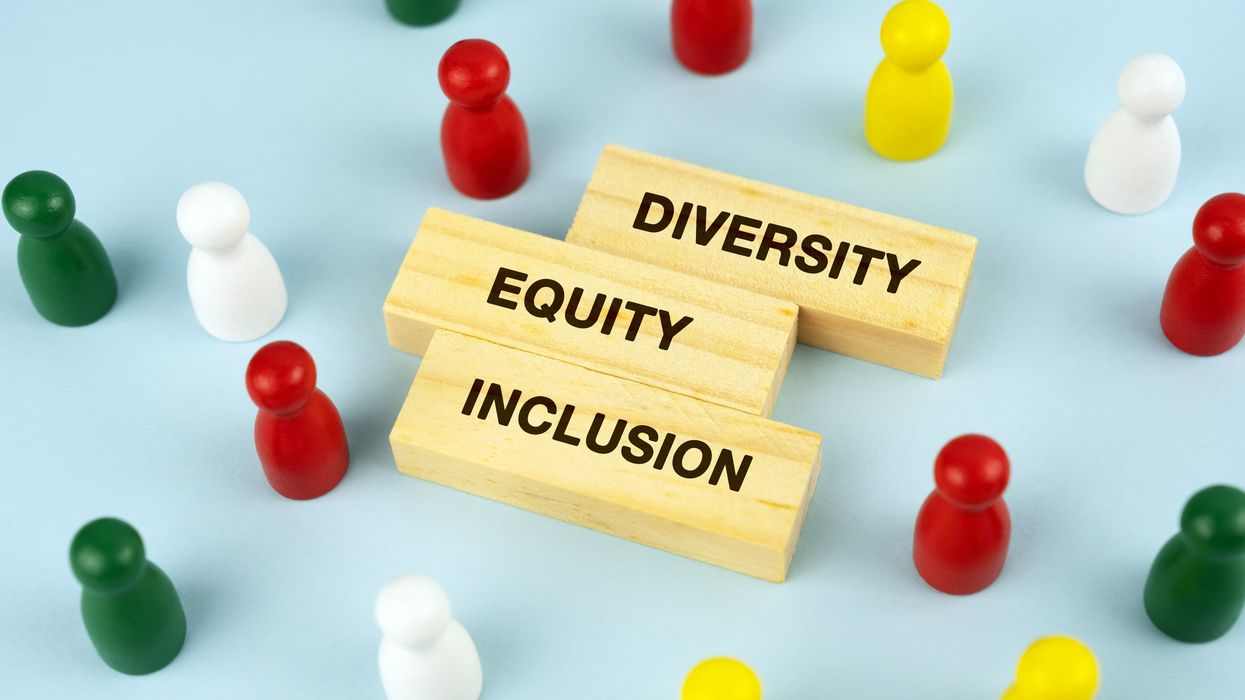When President Trump signed Executive Order 14151, titled "Ending Radical and Wasteful Government DEI Programs and Preferencing," on January 20, 2025, he didn't just eliminate diversity initiatives from federal agencies—he set in motion a sweeping transformation of the federal workforce.
The order, which terminated all Diversity, Equity, and Inclusion-related activities across federal departments and rescinded existing affirmative action guidelines, sent shockwaves through government institutions and contractors alike. Universities began scrubbing their websites and canceling diversity events, while federal agencies scrambled to dismantle programs built over decades. The order's immediate impact was so concerning that by February 21, 2025, a federal judge issued a nationwide preliminary injunction, temporarily halting its implementation. But beyond the immediate practical implications, the executive order did something far more insidious: it codified a dangerous myth that America has somehow transcended its need to actively pursue equality.
The speed with which corporate America fell in line tells its own story. Major companies, including Walmart, Lowe's, and Meta, have announced rollbacks of their diversity commitments, while others have quietly removed representation goals and inclusive language from their websites. This retreat isn't happening in a vacuum—it's occurring when research demonstrates the tangible benefits of diverse workplaces.
Arguments against DEI programs are fundamentally grounded in the idea that in a meritocratic society, the most qualified person ought to surely get the job, irrespective of various social constructions. Such seductive logic ignores how "merit" is shaped by centuries of systemic advantages and disadvantages. Far too often, we foolishly pretend that everyone starts from the same starting line, thus perpetuating inequality under the guise of objectivity. Consider the implications of our nation’s retreat from equity initiatives. Studies have shown that DEI programs improve organizational performance and innovation when properly implemented. By dismantling these programs, we're not just affecting individual opportunities but compromising our national potential.
Trump's administrative actions represent a gross misapprehension of the social contract. The contract, enshrined in our founding documents but perpetually unfulfilled, promises equal opportunity, not just in theory but in practice. DEI initiatives aren't about giving anyone an unfair advantage—they're about acknowledging and addressing the unfair advantages that have shaped American society since its inception.
Mounting political and legal attacks have turned DEI from a corporate rallying cry to a politically toxic acronym, ushering the erasure of progress made. This backsliding isn't just about politics, it is an embodiment of politics.
Critics of DEI often point to individual success stories as proof that the system works fine as is. But these exceptions prove the rule—they stand out precisely because they're exceptional. Moreover, they usually stand out because they are acceptable or appreciable in some way. A meritocratic society wouldn't produce such stark disparities in outcomes across racial, gender, ethnocultural, and socioeconomic lines. The dismantling of DEI programs undermines the very foundation of a democratic society. When we abandon the active pursuit of equity, we tacitly accept that some Americans will face artificial barriers to success, simply because of who they are. This isn't just morally wrong; it's economically self-defeating.
Ironically, authentic meritocracy requires precisely what the anti-DEI movement opposes. A requisite of meritocracy is an active intervention to level playing fields tilted by centuries of discrimination. Abolishing DEI interventions does not result in some natural state of fairness. On the contrary, we’re reinforcing existing power structures under a disingenuous assumption of neutrality.
Like many, I am left to question, what kind of society are we choosing to be? One that acknowledges its imperfections and actively works to address them? Or one that pretends centuries of systemic inequity can be overcome simply by declaring that merit is all that matters?
Rev. Dr. F. Willis Johnson is a spiritual entrepreneur, author, and scholar-practitioner whose leadership and strategies around social and racial justice issues are nationally recognized and applied.




















Trump & Hegseth gave Mark Kelly a huge 2028 gift